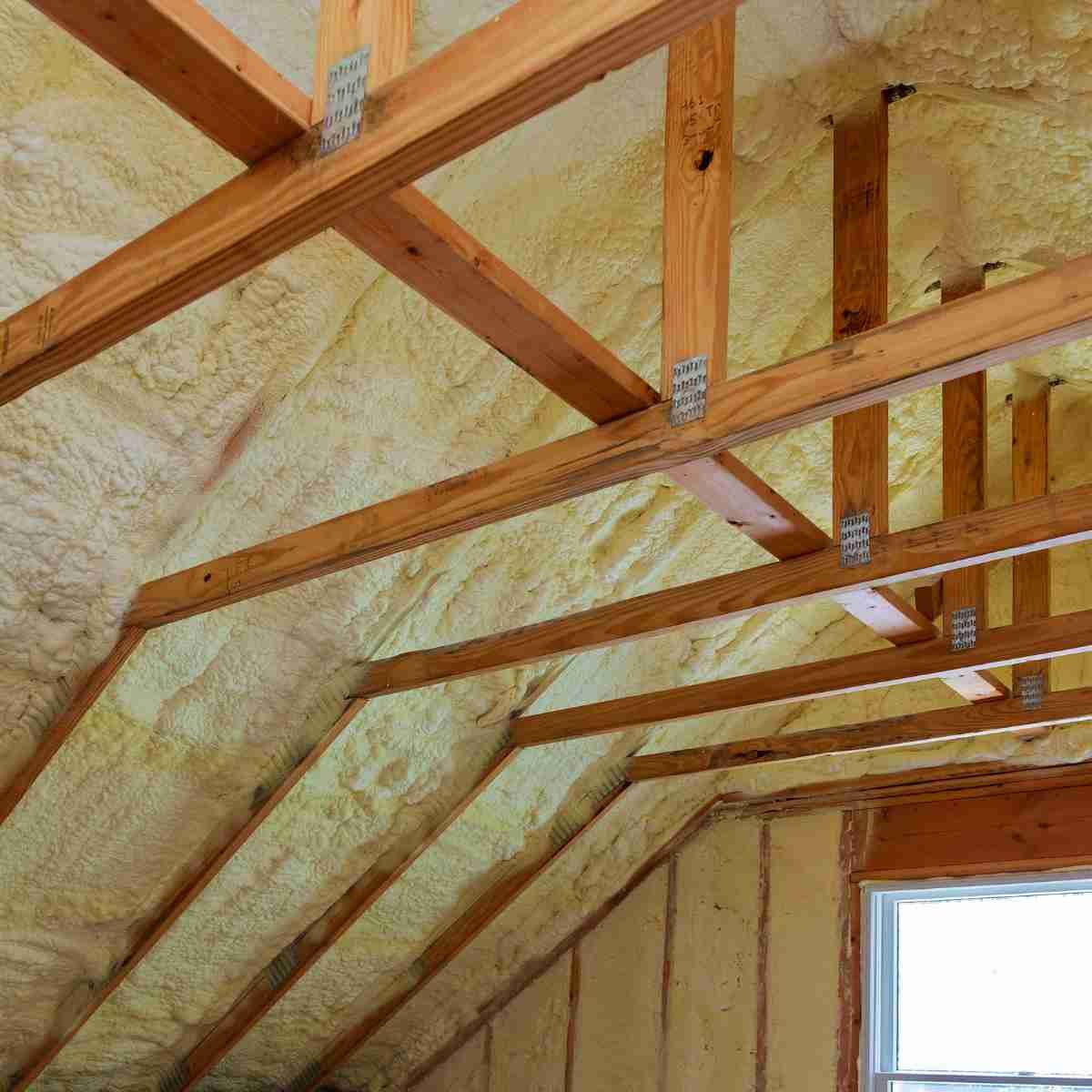This article will help you identify and consider the various factors you should take into account before starting an insulation business. Although insulation is a relatively safe industry to enter, there are still some risks associated with it that need to be addressed. We will discuss the regulatory environment, customer base, competitive landscape, types of insulation materials available, and other important topics.

By the end of this article, you should have a clearer understanding of what is involved in launching an insulation business and be better prepared to take the necessary steps toward success.
Regulatory Environment
When starting an insulation business, it is important to understand the regulations that govern your industry. Depending on where you operate, there may be local, state, and federal regulations that you must comply with. You should research these laws thoroughly to make sure your business is in compliance.
Additionally, it is important to be aware of any relevant industry standards or guidelines as they will help guide the decisions you make regarding personnel training, materials selection, and other aspects of running an insulation business.
Customer Base
The next factor to consider when starting an insulation business is the customer base you plan to serve. You should research the demographics of your target market and understand their needs and preferences.
Additionally, it is important to identify potential competitors in your area and develop a strategy for distinguishing yourself from them. This will help ensure that your business stands out from the crowd and attracts customers.
Competitive Landscape
It is also important to understand the competitive landscape in the insulation industry. Conducting market research can help you gain valuable insight into what other companies in your area are doing, as well as how successful they have been. This knowledge can be used to develop a unique strategy that sets your business apart from the competition.
One good way to stand out from the competition is to specialize in a specific type of insulation or provide services that other businesses don't. This can help make your business more attractive to potential customers who are looking for something different.
Types of Insulation Materials
There are many types of insulation materials available on the market like in iFoam Colorado Springs, CO, each with its own advantages and disadvantages. It is important to research these materials thoroughly and select the one that best meets your needs. Additionally, you should ensure that you are able to source quality material in sufficient quantity for your business.
Here are some of the most common types of insulation materials:
- Fiberglass insulation – This is a lightweight, energy-efficient material made from spun glass fibers. It is commonly used in residential and commercial buildings.
- Cellulose insulation – This type of insulation is made from shredded recycled paper products, such as newspaper or cardboard. It is fire-resistant and can help reduce energy costs.
- Rock wool insulation – This material is made from melted volcanic rock which has been spun into fibers. It is commonly used in industrial applications, as it offers exceptional thermal properties and sound absorption.
- Spray foam insulation – This type of insulation is applied with a spray gun and expands to fill any gaps or crevices in the structure. It is fire-resistant and energy-efficient, making it a popular choice for many buildings.
The Installation Process
The installation process is a critical part of the insulation business. It requires skill and experience to ensure that the job is done correctly and safely. You should ensure that your personnel is well-trained in all aspects of installing insulation, including safety protocols, proper material selection, and correct installation techniques.
Additionally, you should always adhere to industry standards when installing insulation to ensure the highest quality of work.
Here's a list of what needs to be done when installing insulation:
- Prepare the area by ensuring all surfaces are free from dirt, dust, and debris.
- Cut the insulation to fit the measurements of the area being insulated.
- Securely attach the insulation in place with tacks, staples or adhesives.
- Inspect the installation to make sure it is done correctly and completely.
- Seal any gaps or joints between pieces of insulation with caulk, tape or foam sealant.
- Clean up any debris and materials left behind from the installation process.
Marketing and Promotion
Once you have established your insulation business, it is important to create a marketing and promotion strategy. This will help you reach potential customers and inform them about the services you offer.
You can use traditional methods such as print advertising or direct mail, or explore more modern avenues such as social media marketing or digital advertising. Additionally, you should consider attending local trade shows and events to connect with potential customers in person.
Insulation Business Maintenance
Once your business is established, you will need to stay on top of regular maintenance and repairs. This includes checking for worn or damaged insulation, cracks in the structure, and other potential issues that could affect the energy efficiency of the building. It is also important to stay up to date with industry trends and changes in technology, so you can provide your customers with the best possible service.
These are just a few of the key components to consider when starting an insulation business. With the right research and planning, you will be on your way to success. Good luck in your insulation business endeavors! It is essential that you strive towards continuous learning and improving your knowledge of the industry, so you can properly serve customers and stay ahead of the competition.
Read also:

Leave a Reply